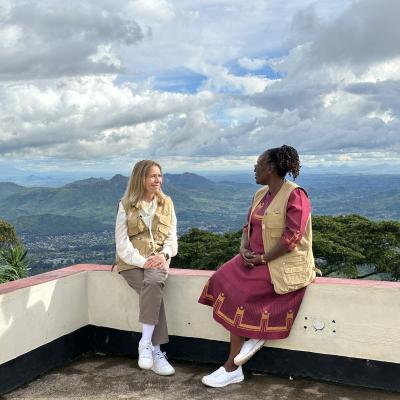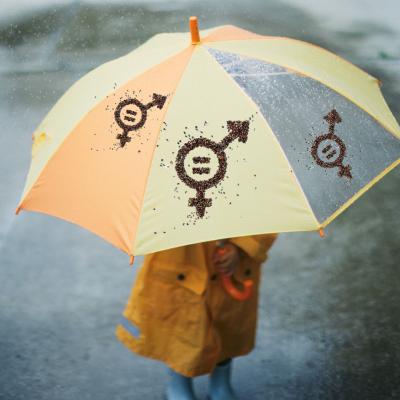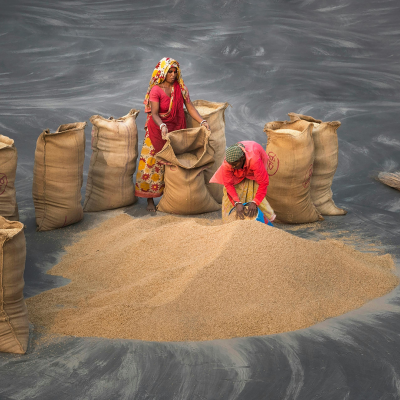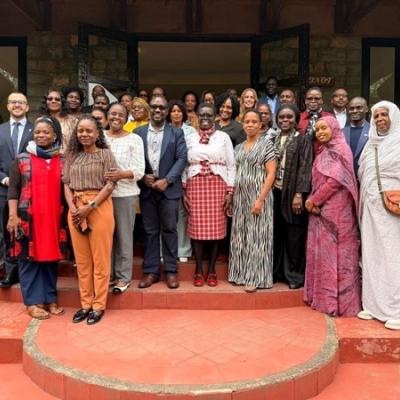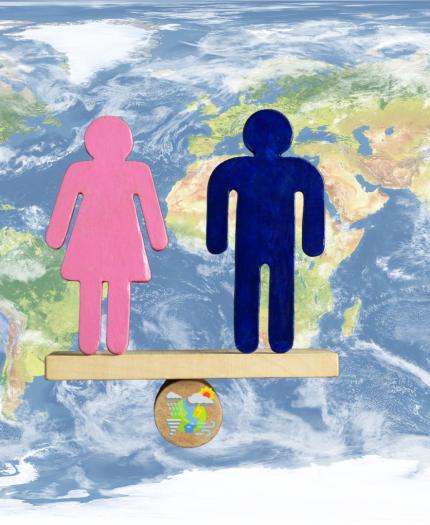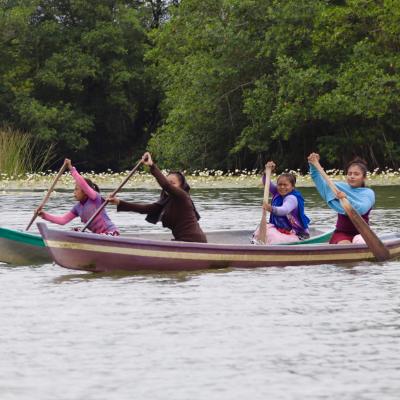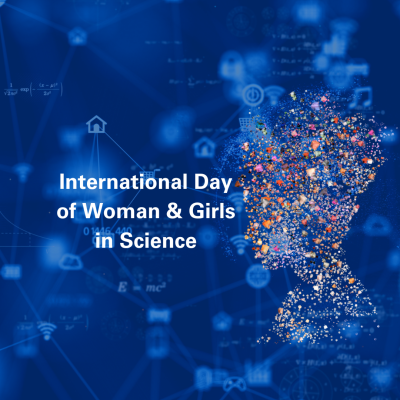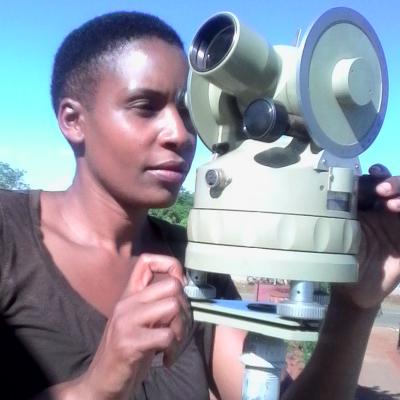WMO Secretariat Initiatives
The WMO Secretariat leads initiatives to strengthen the Organization’s effectiveness and impact on the global weather, climate, and water community. These initiatives span operational programs, capacity-building efforts, and policies designed to promote gender equality and meaningful participation across all levels of WMO.
Gender Equality Policy and Action Plan
A cornerstone of WMO’s commitment to inclusion is its Gender Equality Policy, adopted by the seventeenth World Meteorological Congress in 2015 (Annex to Resolution 59, Cg-17). The Policy promotes gender equality across WMO, establishes mechanisms to measure progress, and integrates good practices. Initially formulated in 2007, it was updated in 2015 to reflect outcomes of the Conference on the Gender Dimensions of Weather and Climate Services and to address gaps identified in the Progress Report.
The Policy is operationalized through the WMO Gender Action Plan (GAP), which outlines concrete actions for all parts of the Organization, including the Secretariat, constituent bodies, and Members. The GAP is reviewed every four years to assess progress and set priority actions. Its focus areas include governance, strategic planning, monitoring and compliance, capacity development, human resources, communication and partnerships, resource tracking and allocation, and service provision.
Since the first GAP (2016–2019), updated plans have included targets such as achieving 40% female representation in governance, systematic collection of sex-disaggregated data, strengthening gender analysis capacity, developing women’s leadership through workshops, and promoting female role models in meteorology, hydrology, climatology, and environmental science.
Gender Mainstreaming at WMO
Gender mainstreaming is at the heart of WMO’s mission and is identified in the Gender Equality Policy as the primary mechanism to achieve gender equality across the Organization. WMO aligns with the ECOSOC Agreed Conclusions 1997/2, which define gender mainstreaming as the process of assessing the implications for women and men of any planned action—including legislation, policies, or programs—across all areas and levels.
Oversight of gender mainstreaming is provided by the Gender Focal Point Network established by WMO Executive Management. While WMO does not have a dedicated gender section, units including Human Resources, the Office of Legal Counsel, and the Internal Oversight Office are mandated to implement gender mainstreaming within their respective areas. The Secretariat coordinates gender-related action across the Organization, compiles reports, and operationalizes decisions and recommendations of governance bodies.


